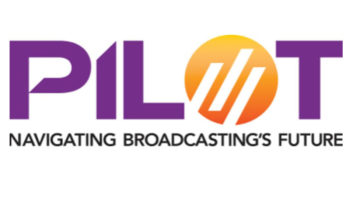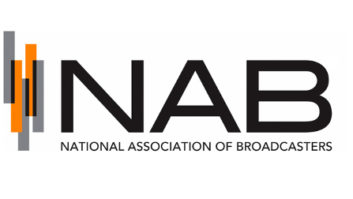The NAB thinks that the FCC should process the thousands of FM translator applications still pending from 2003 before authorizing more low-power FM allocations in the agency’s quest to balance the needs of both services.
That’s what the trade organization says in comments filed on the commission’s proposals revealed in July. Comments were due Sept. 6 on the commission’s proposals to create a tiered, market-based approach to locating more LPFMS in the top 150 markets.
While the current proposal “jumps too quickly to dismiss pending applications for FM translators” in those markets, NAB says the FCC’s approach could be “a reasonable first step, if it is improved to more precisely limit the adverse effects on broadcasters with long-pending FM translator applications to situations where grant of those applications would preclude LPFM applications.”
The FCC’s proposed system relies on center-city grids, which NAB says ignores LPFMs now licensed within a radio market but outside the grid, and future LPFM opportunities outside the grid. Those facts mean more FM translator applications would be dismissed under the agency’s proposal, according to NAB, which says Arbitron Radio Metros more accurately reflect radio markets.
Further, pending translator applications should not be dismissed in markets where no LPFMS can be allocated, argues NAB, which also suggests the FCC “refresh” its record to see if all parties with pending FM translator applications still intend to build a new translator. That step could mean processing more applications in some markets, without reducing LPFM opportunities, suggests NAB.
NAB supports the FCC’s proposal to eliminate the restriction on the use of FM translators by AMs to translators that were authorized as of May 1, 2009. Some 500 AMs are now using FM translators to help overcome AM technological disadvantages, and more could benefit if the date restriction were lifted, says NAB, which adds that the change would not restrict potential opportunities for LPFMs.
— Leslie Stimson












